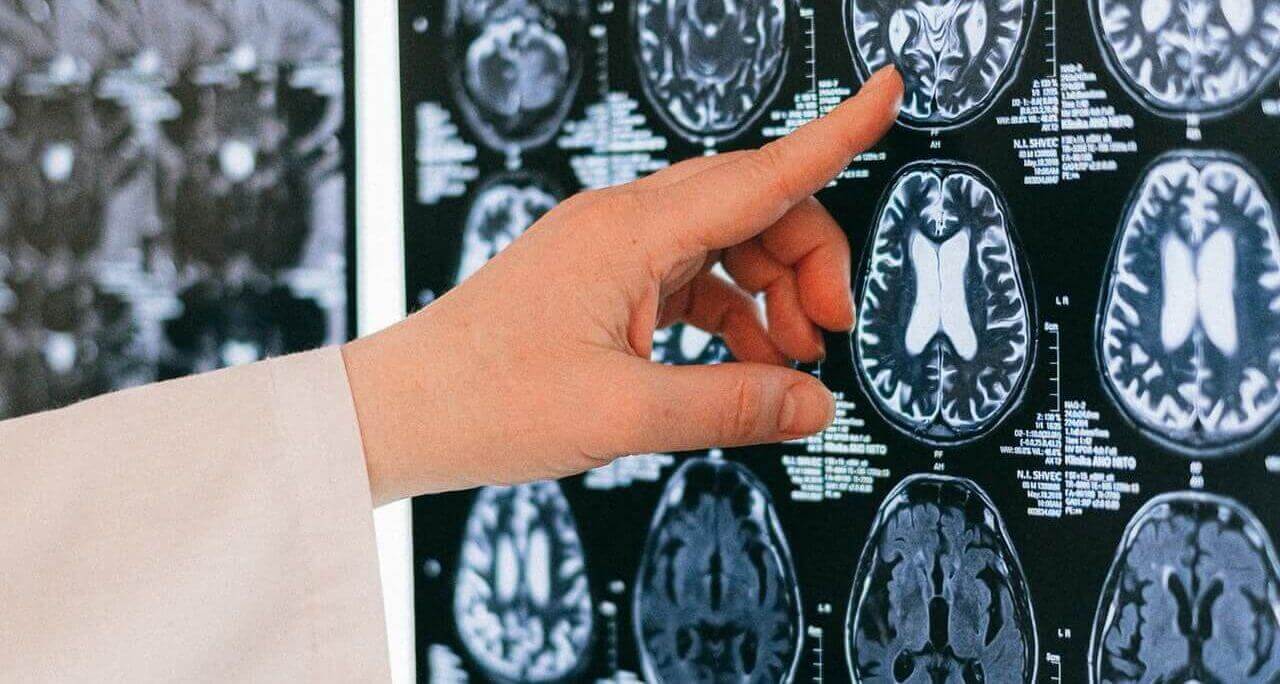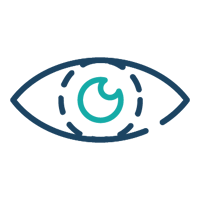What Causes Vision Problems Following a Traumatic Brain Injury?
Eye Damage
When one sustains a head injury, the eye itself can be injured, and if there had previously been eye conditions present such as cataracts, these may be made worse by a head injury. If the muscles which control the eye’s lens are damaged and not functioning properly, it can be difficult to change focus between near and far objects. If the muscles which control eye movement or the nerves which control the muscles are negatively impacted, or if there is a hairline fracture in the eye socket, it can be difficult to control eye movement.
Brain Damage
Traumatic brain injuries can also, of course, lead to damage in the brain itself, impacting the “wiring” of the brain. This can negatively affect many brain functions, including vision.
Damage to the Brain-Eye Connection
Both the eyes and the brain are part of the vision system, and even if each is working properly on its own, if the connection between them is not functioning correctly, vision problems will result. Additionally, damage to this connection can lead to decreased visual memory (the ability to remember seen items like passwords) and decreased visual field (diminished ability to see to the sides, or above and below.
Medications
Some medications a patient may receive post injury may affect vision. This can include making focusing more difficult, or dryness.






















